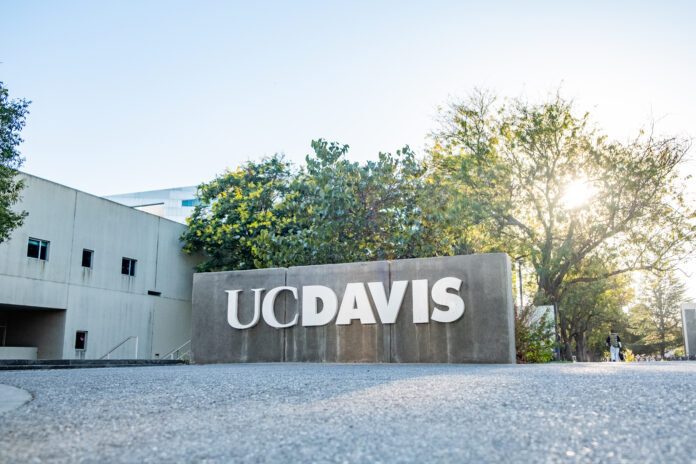These grants fund research for programs such as social work and psychology studies
By JORDAN POLTORAK — campus@theaggie.org
UC Davis received over $1 billion in undergraduate and graduate research grants for the third year in a row. The two largest providers were the federal government providing $441 million and the state providing $237 million.
Executive Director of Human Services at UC Davis Continuing and Professional Education Alison Book was given the largest award at $52.39 million.
“It’s a grant that has such an impact,” Book said. “It’s designed to support social work education in California and help develop well-trained social workers who can do great work with kids and families. I’m excited that we’re one of those sites that allows that good work to happen.”
In June of this year, UC Berkeley shut down the California Social Work Education Center (CalSWEC) after 33 years. The California Department of Social Services selected UC Davis and UC Los Angeles to house the new sites for the Title IV-E program. This program provides monetary support and professional education to undergraduate and graduate social work students.
Director of the Behavioral Neuroendocrinology Lab Brian Trainor was given a grant to continue research surrounding gender differences in response to social stress, specifically during puberty.
“When I started the lab, we only studied male mice,” Trainor said. “Two undergraduates in my lab talked me into doing experiments with females. A few years after I was hired, the National Institute of Mental Health started asking for grant applications where they would study sex differences and particular projects related to women’s mental health. Because those undergrads talked me into doing experiments with females, we already had some data and were able to get that first grant.”
Trainor continued to study these sex differences as they related to stress when a graduate student of his helped make a breakthrough.
“Emily Wright did an experiment on juvenile mice, and she was the one that talked me into looking into puberty,” Trainor said. “This solved all the differences. Males and females respond to stress the same way until they go through puberty.”
The newest experiments will test the hypothesis that androgen receptor activation during puberty alters gene expression in the brain. This results in permanently programming neural circuits of social behavior to be less sensitive to social stress.
Trainor said he was grateful for the opportunities he’s able to explore with his grant.
“The grant pays for everything: the researchers, the mice [and] the lab equipment,” Trainor said. “It’s exciting. Four years ago I couldn’t even imagine some of the methods we’re using.”
Written by: Jordan Poltorak — campus@theaggie.org











